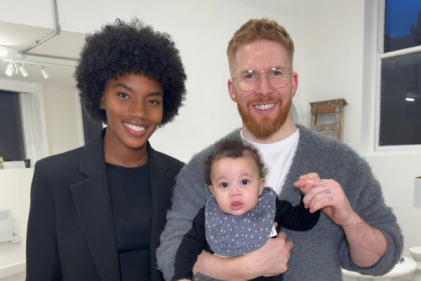When your child is growing up, he needs a wide range of vitamins, minerals and other nutrients in order to stay strong and healthy. From bones to brains, every part of your child’s body has specific requirements in terms of nutrients, and a balanced diet is the best way to provide that. Some of the nutrients your child needs include:
Calcium is crucial to the formation of healthy bones and teeth.
Essential fatty acids are needed to keep your child’s brain and nervous system healthy.
Iron helps your child’s body to create haemoglobin, which transports oxygen in the blood.
Magnesium regulates heart function, helps with immunity and helps maintain muscle.
Potassium is one of the electrolytes essential for cellular function, may help prevent kidney stones, and helps with muscle and heart function.
Vitamin C helps to keep your child healthy, and helps your child to absorb iron from food.
Vitamin A is important to your child’s vision, and to bone formation and it helps with nail, hair and skin growth and repair.
Vitamin D plays a role in immune function, insulin production and helps the body to process and absorb calcium.
Finally, Zinc is crucial for metabolism and growth.
If you are concerned that your child’s diet is not providing the nutrients he or she needs, then a children’s multi vitamin may be the answer.
Calcium is crucial to the formation of healthy bones and teeth.
Essential fatty acids are needed to keep your child’s brain and nervous system healthy.
Iron helps your child’s body to create haemoglobin, which transports oxygen in the blood.
Magnesium regulates heart function, helps with immunity and helps maintain muscle.
Potassium is one of the electrolytes essential for cellular function, may help prevent kidney stones, and helps with muscle and heart function.
Vitamin C helps to keep your child healthy, and helps your child to absorb iron from food.
Vitamin A is important to your child’s vision, and to bone formation and it helps with nail, hair and skin growth and repair.
Vitamin D plays a role in immune function, insulin production and helps the body to process and absorb calcium.
Finally, Zinc is crucial for metabolism and growth.
If you are concerned that your child’s diet is not providing the nutrients he or she needs, then a children’s multi vitamin may be the answer.



